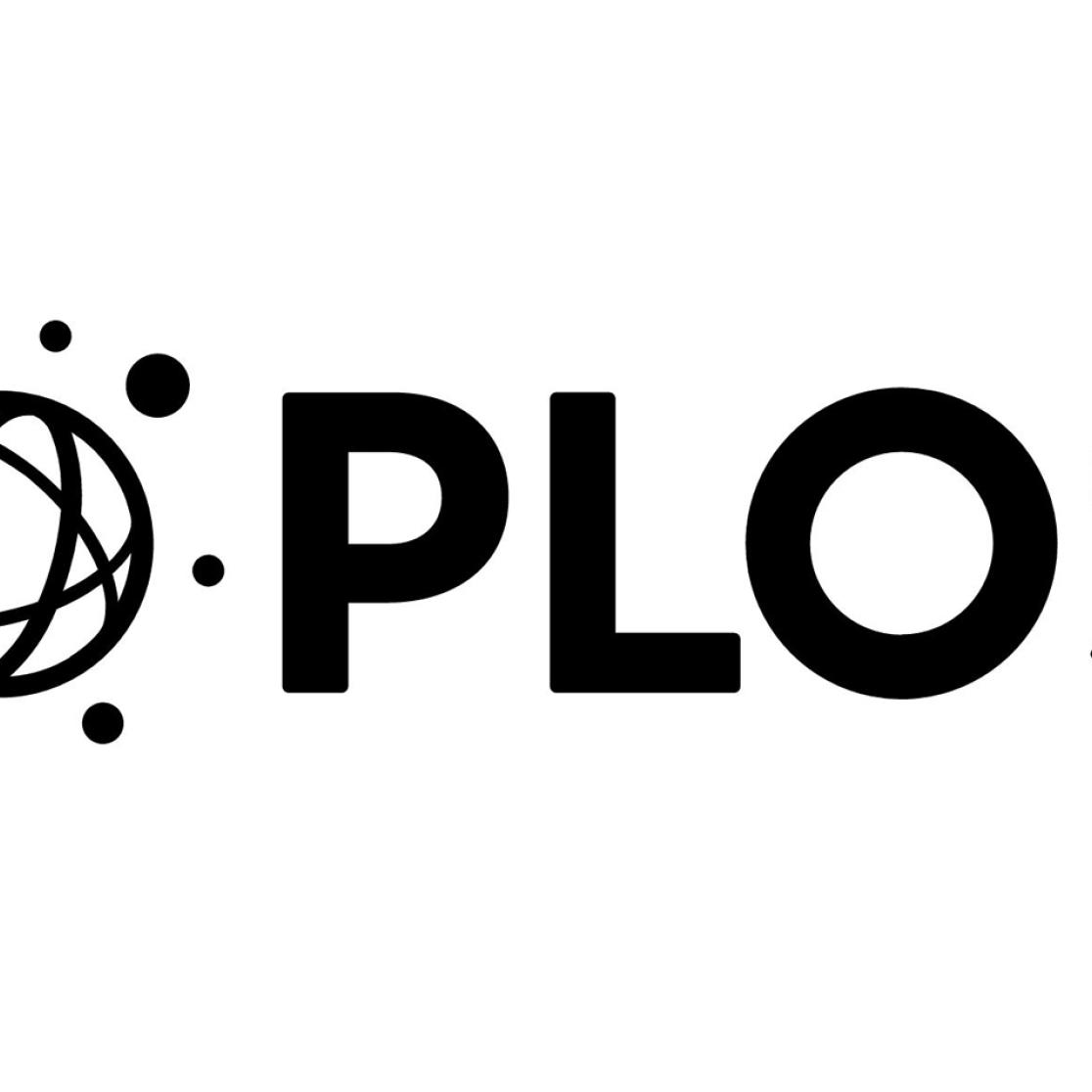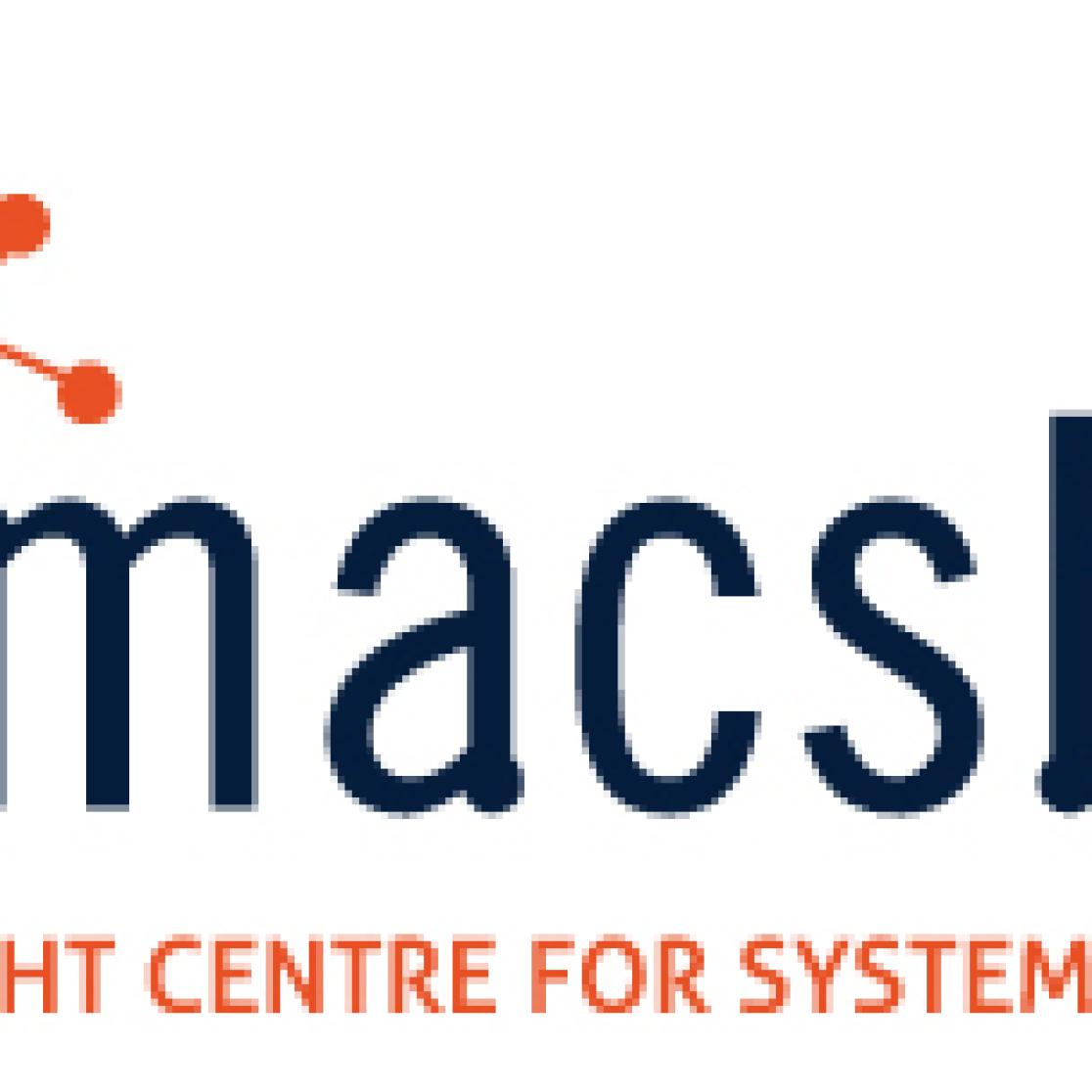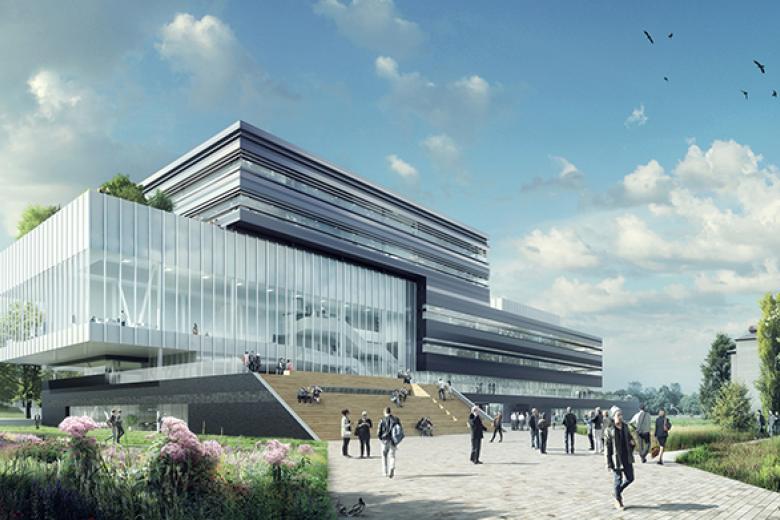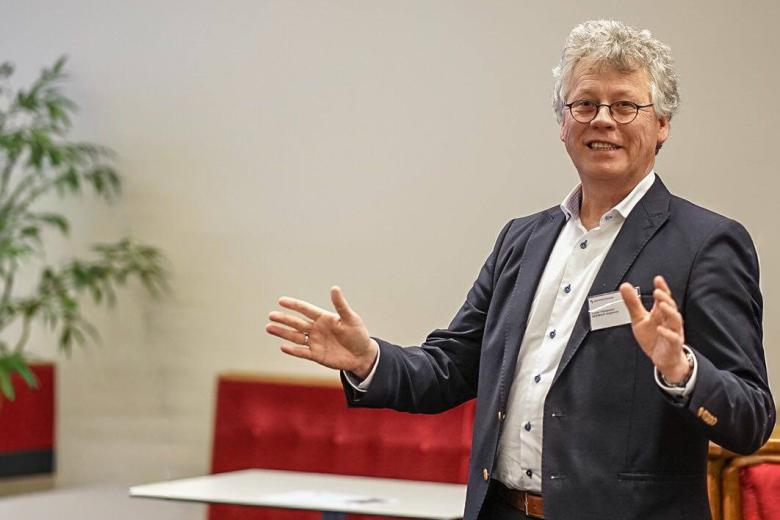Multi-disciplinair team met Gökhan Ertaylan van MaCSBio publiceerd paper in PLOS Genetics over 'stem cell cycle'
Embryonic stem cells have the remarkable potential to differentiate into many different cells types in the body. This ability of embryonic stem cells to differentiate and form various cell types led to the field of regenerative medicine, promising to design healthy tissue in the lab to replace old or diseased counterparts.
One of the important hurdles on the way to the clinic is to understand and control the mechanisms regulating the fundamental functions of stem cells such as cell cycle, proliferation and potency.
Wnt/Tcf1 pathway restricts embryonic stem cell cycle through activation of the Ink4/Arf locus
In this work, the interdisciplinary team with Gökhan Ertaylan of MaCSBio, uncovers genes that are responsible for the pluripotency and proliferation of embryonic stem cells.
About PLOS Genetics
PLOS Genetics publishes human studies, as well as research on model organisms—from mice and flies, to plants and bacteria. Their emphasis is on studies of broad interest that provide significant insight into a biological process or processes.
Genetics and genomics research has grown at a bewildering pace in the past 15 years. The techniques of these fields are being applied to a wealth of biological questions and experimental systems. PLOS Genetics reflects the full breadth and interdisciplinary nature of this research by publishing outstanding original contributions in all areas of biology.

About MaCSBio
The primary aim of the Maastricht Centre for Systems Biology (MaCSBio) is to facilitate the integration of biological data coming from several empirical domains using mathematical multi-scale modelling approaches.
This will take shape in two research lines, which will be established within the centre:
- Systems medicine of chronic diseases
To better predict who will be afflicted by a chronic disease and who won't.
- Computational and systems neuroscience
To link the different aspects of brain research to better understand how the brain works.

The centre is a joint initiative of the Faculty of Psychology & Neuroscience, Faculty of Health, Medicine & Life Sciences, and Faculty of Humanities and Sciences.
Relevant links
Lees ook
-
AMIBM: Tien jaar grensoverschrijdend onderzoek; van project tot instituut
Tien jaar geleden ontstond een gedurfd project: het Aachen-Maastricht Institute for Biobased Materials (AMIBM), een Europees, grensoverschrijdend kenniscentrum dat de manier waarop we werken met materialen, duurzaamheid en innovatie radicaal wil veranderen.
-
Nieuwe master Responsible Data Science, voor de ethische en duurzame ontwikkeling van AI.
Vanaf september 2026 leidt de nieuwe master Responsible Data Science van de Universiteit Maastricht studenten op tot professionals die kunstmatige intelligentie en andere digitale technieken ontwikkelen met respect voor mens en planeet.
-
UM Medallion of Honour en eigen prijs bij afscheidsrede onderwijsinnovator Frank Thuijsman
Een UM Medaillon of Honour en de eerste Frank Thuijsman Award van de Faculty of Science and Engineering. De universiteit laat “FSE-er” van het eerste uur Frank Thuijsman niet zomaar met emeritaat gaan. De hoogleraar stond namelijk aan de wieg van KE@Work, Engelstalig en project georiënteerd leren.